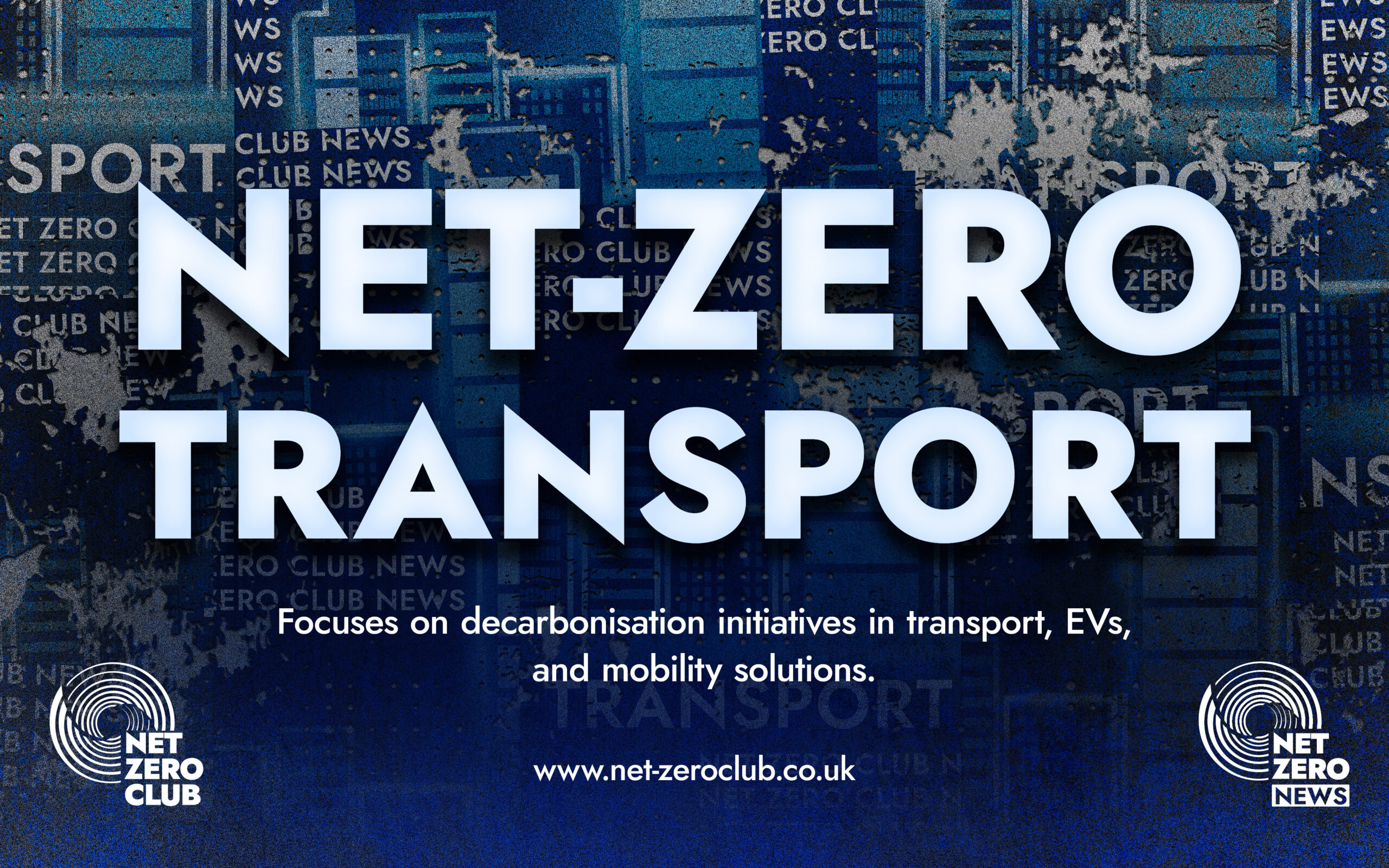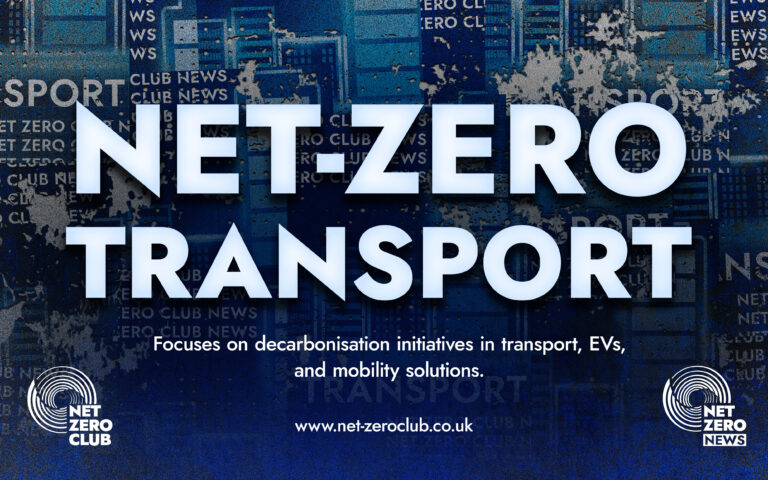Declining Fleet Expectations for Electric Van Adoption

Hello, Champions of Net Zero!
As we stride further into the era of sustainability, a recent survey from Arval’s 2025 Mobility Observatory has illuminated some concerning trends regarding the adoption of electric and hybrid vans within the UK fleet sector. Despite the pressing need for a transition to greener alternatives, it seems that expectations around the uptake of battery-powered, plug-in hybrid, and hydrogen vans are beginning to wane. This is a critical moment for fleets as they grapple with the realities of integrating electric vehicles into their operations.
The survey asked fleet operators to predict the proportion of battery electric vans they anticipate incorporating into their fleets by 2028. The results reveal a modest expectation of just 14%, a slight decrease from 15% in 2024 and a more significant drop from 18% in 2023. This downward trend raises questions about the barriers fleets are facing in adopting electric vehicles.
Similar sentiments were echoed in the findings on plug-in hybrid electric vehicles (PHEVs). The predicted adoption rate remains stagnant at 14%, unchanged from 2024, but up from 11% in 2023. In stark contrast, the outlook for traditional petrol and diesel vans is quite different, with expectations climbing to 71% from 64% in 2024 and 62% in 2023. This suggests a growing inclination towards maintaining reliance on conventional fuels rather than embracing the shift to zero-emission alternatives.
John Peters, head of Arval Mobility Observatory in the UK, shed light on the challenges fleet operators are currently facing. He noted that many fleets are struggling with practical issues surrounding electric van usage, particularly concerning range limitations, payload capacities, and charging infrastructure. These operational hurdles are proving to be significant obstacles that many operators find difficult to navigate.
“These challenges are almost certainly influencing the scepticism surrounding the potential for increased adoption of electric vehicles,” Peters explained. “Indeed, a significant portion of the work conducted by the Arval UK consultancy team is focused on helping our clients find solutions to these pressing issues.”
Despite the current pessimism reflected in the survey, Peters remains optimistic about the future. He believes that the predictions may be overly cautious and asserts that the adoption of both electric and PHEV vans will experience substantial growth by the end of the decade. This optimism is not solely based on hope; it is rooted in the belief that solutions will be discovered collaboratively among stakeholders in the transport sector.
Interestingly, these trends are not confined to the UK alone. The survey revealed that similar outlooks were prevalent among fleets of various sizes across Europe and globally, indicating that the challenges associated with transitioning to zero-emission vans are being experienced universally. Peters remarked, “This suggests that the same kinds of issues with the transition to zero-emissions vans are arising everywhere. It’s crucial that we work together to uncover effective solutions.”
As we look towards the future, it is essential for fleet operators, policymakers, and industry stakeholders to address these challenges head-on. The journey towards achieving net-zero emissions in the transport sector requires a concerted effort to enhance infrastructure, improve vehicle design, and provide robust support for operators making the switch to electric. The time for action is now, and every effort counts in paving the way for a cleaner, greener future.
So, what does this mean for the future of fleet operations in the UK and beyond? As we navigate the complexities of transitioning to sustainable transport solutions, it is vital for the industry to remain engaged, informed, and proactive. The path to net-zero is not without its hurdles, but by leveraging collective insights and innovative strategies, we can overcome these challenges and reshape the landscape of fleet mobility for years to come.
Let’s keep the conversation going! What are your thoughts on the current trends in electric van adoption? How can we, as a community, work together to foster an environment conducive to the growth of electric and hybrid vehicles? Share your insights and experiences, and let’s drive the change towards a sustainable transport future!

 Got net-zero news, project updates, or product launches to share?
Got net-zero news, project updates, or product launches to share? 